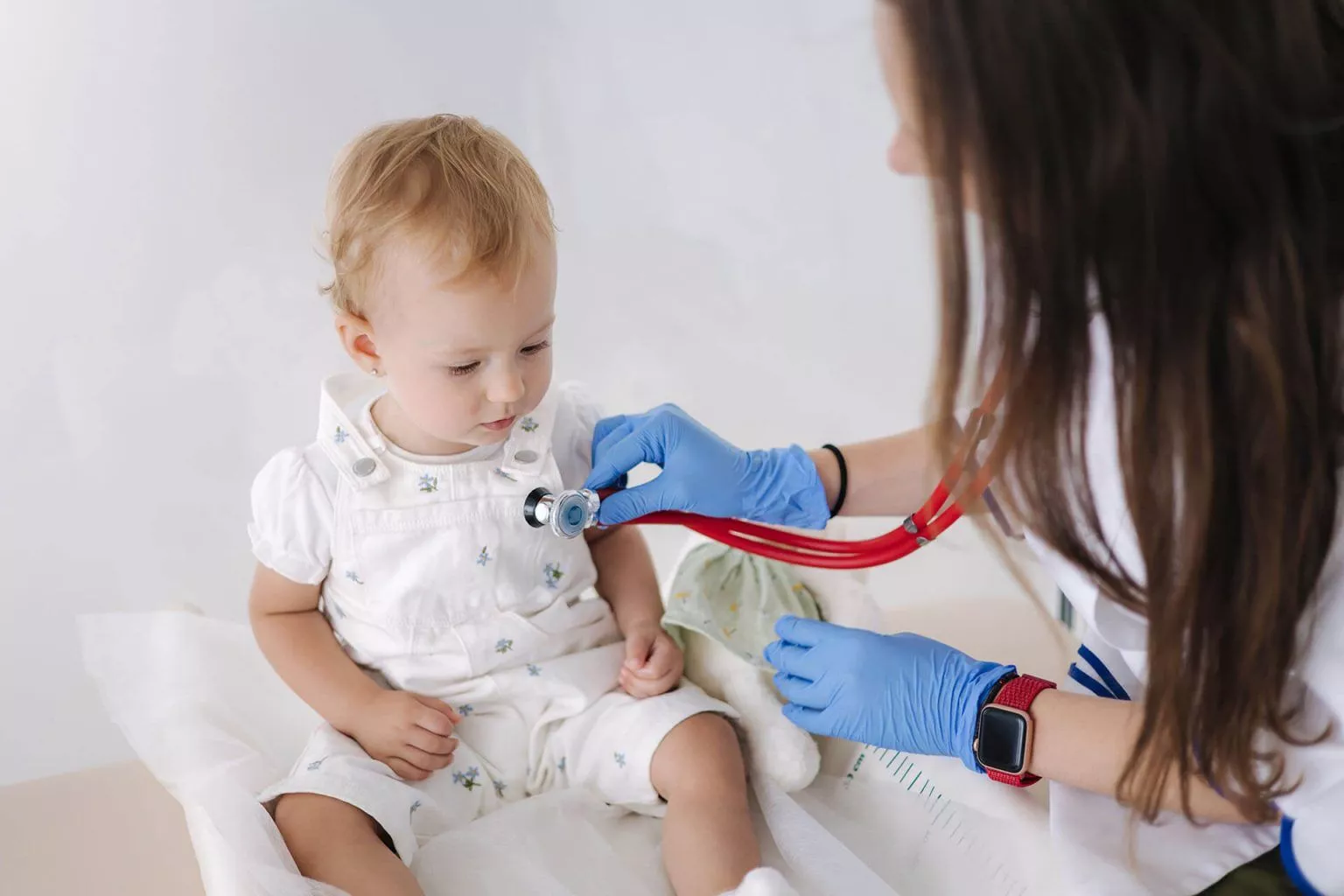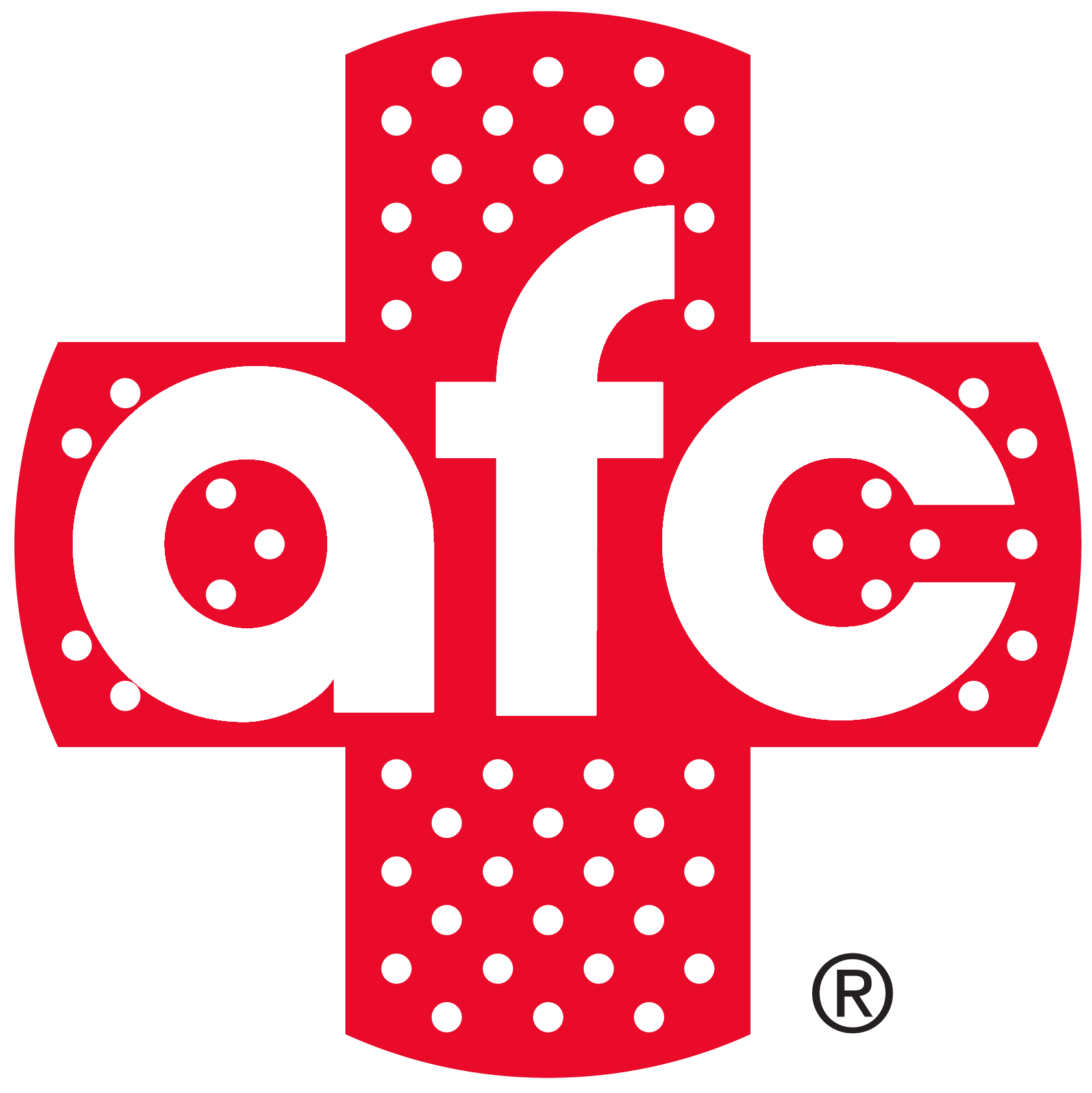Now Open M-F 7:30 am to 8:00 pm and Sa/Su 8:00 am to 5:00 pm
Find The Location Nearest Covid-19 Testing
We think you’re located in zip code 28704. Not Right?
RSV Testing and Treatment at AFC Urgent Care South Asheville – No appointment required
Need an RSV test close to Arden or Fletcher? AFC Urgent Care has you covered with the most precise Rapid RSV Test. Get your results in just 30 minutes. Most insurance covers the cost of the test.

Does AFC offer RSV testing?
AFC Urgent Care Arden offers the state-of-the-art Rapid RSV Test to keep you healthy and safe. Referred to as RT-PCR testing, this test is extremely accurate and is far less likely to make mistakes than other RSV tests.
Our Rapid RSV Test examines a sample of fluid taken from the nose to identify proteins of the RSV virus, known as antigens, which help the immune system fight the virus. The test results are typically ready within 30 minutes. No appointment is required for RSV testing.
AFC Urgent Care treats patients ages 6 months and older.
What is RSV?
RSV (Respiratory Syncytial Virus) is a virus that can cause respiratory infections such as bronchitis and pneumonia. It is a common cause of illness for infants and young children, but it can also affect adults. RSV is highly contagious and spreads through the air and on surfaces by leaving respiratory droplets. There is no specific treatment for RSV and the majority of people recover without medical assistance, yet extreme cases may require hospitalization.
Every year, RSV leads to an estimated 100-300 fatalities among children under 5 years old in the United States, according to the Centers for Disease Control and Prevention. RSV is the leading cause of hospitalization in infants, with an estimated 58,000 to 80,000 children younger than 5 years old admitted to hospitals annually due to RSV infection. RSV is also a significant cause of hospitalization in senior adults and individuals with pre-existing medical issues.
Our medical team is devoted to protecting children from the dangers of RSV. If you or your child contract the virus, it is imperative to get medical help immediately. An early diagnosis and prompt intervention can lessen the intensity of the sickness.
Symptoms of RSV
RSV can be particularly harmful to infants and young children, as it can lead to severe breathing and respiratory issues.
If you think your child may be affected by RSV, it is critical to seek medical care immediately.
The signs and symptoms of RSV may vary according to the age group it affects.
In infants, RSV symptoms may include:
- Coughing or wheezing
- Rapid or difficult breathing
- Blue color around the mouth or fingernails
- Fever (less common)
- Reduced appetite
- Irritability
- Fatigue
For older children and adults, symptoms typically include:
- Cough
- Runny nose
- Low-grade fever
- Sore throat
- Fatigue
- Body aches
It is more likely for adults, particularly older adults and those with existing health concerns, to experience more severe symptoms such as:
- Difficulty breathing
- Chest tightness
- Rapid breathing
- High fever
- Confusion
- Bluish skin color
It is critical to consider that some people, particularly newborns, may not display any symptoms or may have very subtle symptoms, but may still spread the virus to others.
Who has a higher risk of getting RSV?
Some populations are more susceptible to RSV and have a greater likelihood of exhibiting severe symptoms, including:
- Infants and young children. Newborns and children under 5 years old are at greater risk of developing severe symptoms such as bronchiolitis and pneumonia, and they are the age group with the highest rate of hospitalization due to RSV.
- Seniors adults. A weakened immune system puts senior adults at greater risk for developing severe symptoms and complications from RSV infection.
- People with underlying medical conditions. People living with chronic lung or heart disease, as well as those with weakened immune systems or neuromuscular conditions are more susceptible to severe RSV infection.
- Premature infants. Babies born before 37 weeks of pregnancy are in greater danger of severe RSV infections and the issues they can cause.
- Those who have been subject to smoke or other air pollution particles
- Those living in crowded or institutional settings, such as daycare centers, nursing homes and homeless shelters
Please note that RSV is extremely contagious, so even people with no risk factors can still contract the virus.
If you or someone close to you falls into one of these high-risk categories, it is especially essential to take measures to protect yourself and your family from RSV. This includes getting vaccinated, frequently washing your hands and avoiding contact with those who are ill.
Do I need an RSV test?
Experiencing a runny nose, sneezing or headache? If so, it is recommended to get an RSV test. If you are an infant, younger child or adult over age 65, and have moderate or serious RSV symptoms, it is important to get tested.
Severe symptoms of RSV typically fever, wheezing, a serious cough, breathing faster than usual or difficulty breathing and blue skin color. In infants below six months old, other severe symptoms of RSV could be crankiness, decreased movement, lack of appetite and pauses in breathing.
If you or your child have any of these signs, it is essential that you talk to your doctor or visit AFC Urgent Care as soon as possible. We provide comprehensive RSV testing, utilizing the most advanced technology with Rapid RSV Testing to ensure accurate results and successful treatment.
What happens during an RSV test?
Are you wondering what to expect during an RSV test? The process is simple. An AFC provider will use a swab to take a sample from your nose. It’s ideal to get tested as soon as possible after symptoms occur, as the amount of the virus in your nose reduces over time, which may make test results less accurate.
Do I need to prepare for the RSV test?
No. If you are considering an RSV test, there is no need to stress about any special preparation. The test itself is a quick and straightforward process that requires no special steps. All that is necessary is to show up and get tested.
Are there any risks to the test?
RSV testing is a highly safe procedure. The only possible downside is some momentary discomfort while we collect a sample using a swab in your nose. This sensation typically passes quickly and doesn’t pose any harm. You can rest assured that RSV testing is a reliable and safe way to discover the virus. If any worries or uncertainties arise, please discuss them with your AFC provider.
What do the test results mean?
The Rapid RSV test is a valuable tool for diagnosing Respiratory Syncytial Virus (RSV). A negative result implies that no evidence of the virus was discovered in your sample, which might indicate that another sickness is causing your symptoms. Nonetheless, it is possible to acquire a false negative, and your AFC provider will provide more information to you. If you are still exhibiting symptoms of RSV, contact your provider for additional testing and treatment.
A positive result indicates that you are probably infected with RSV. This is especially critical to know if you are an infant, young child, or elderly adult, as these individuals may need additional medical assistance, such as oxygen and IV fluids.
Is there anything else I need to know about an RSV test?
If you or your child are experiencing indications of RSV, it is important to decide whether you need to be tested. In the majority of cases, healthy adults and children with RSV usually recover within one to two weeks on their own, so your provider may not suggest an RSV test.
Are there any antiviral medications like Tamiflu to treat RSV?
Although there are no pharmaceutical medications that can be prescribed to treat the virus, some non-prescription drugs and home remedies can help alleviate many of the symptoms.
Visit us for RSV testing and treatment today!
Here at AFC Urgent Care Arden, we understand that RSV is a serious virus, so we’re here to help. Our medical providers will suggest the most helpful over-the-counter solutions and remedies that can help you return to normal. For the best results, drink lots of fluids and follow the aftercare suggestions from your provider to help you recover quickly. Visit or call our office for more information.
 How Can We Help?
How Can We Help?
- PATIENT SERVICES
- COVID-19 SERVICES
- TELECARE
- EMPLOYER RESOURCES
- PATIENT RESOURCES
- ABOUT US
AFC Urgent Care FAQs
-
Why choose AFC for Urgent Care?
With state-of-the-art centers and a professional medical team, AFC provides on-site X-rays, labs, procedures, and more!
-
What's the difference between AFC Urgent Care and emergency room services?
Urgent care is for medical conditions that require prompt attention but do not pose an immediate threat to your health or life. Here is a simple rule of thumb: if your medical issues(s) are life threatening, call 911, or go directly to a hospital emergency room. If not, an urgent care center such as AFC is an excellent alternative.
Q&A You Want to Answer?

Don't wait to get the medical attention you need.
CALL US TODAY | (828) 641-0960


